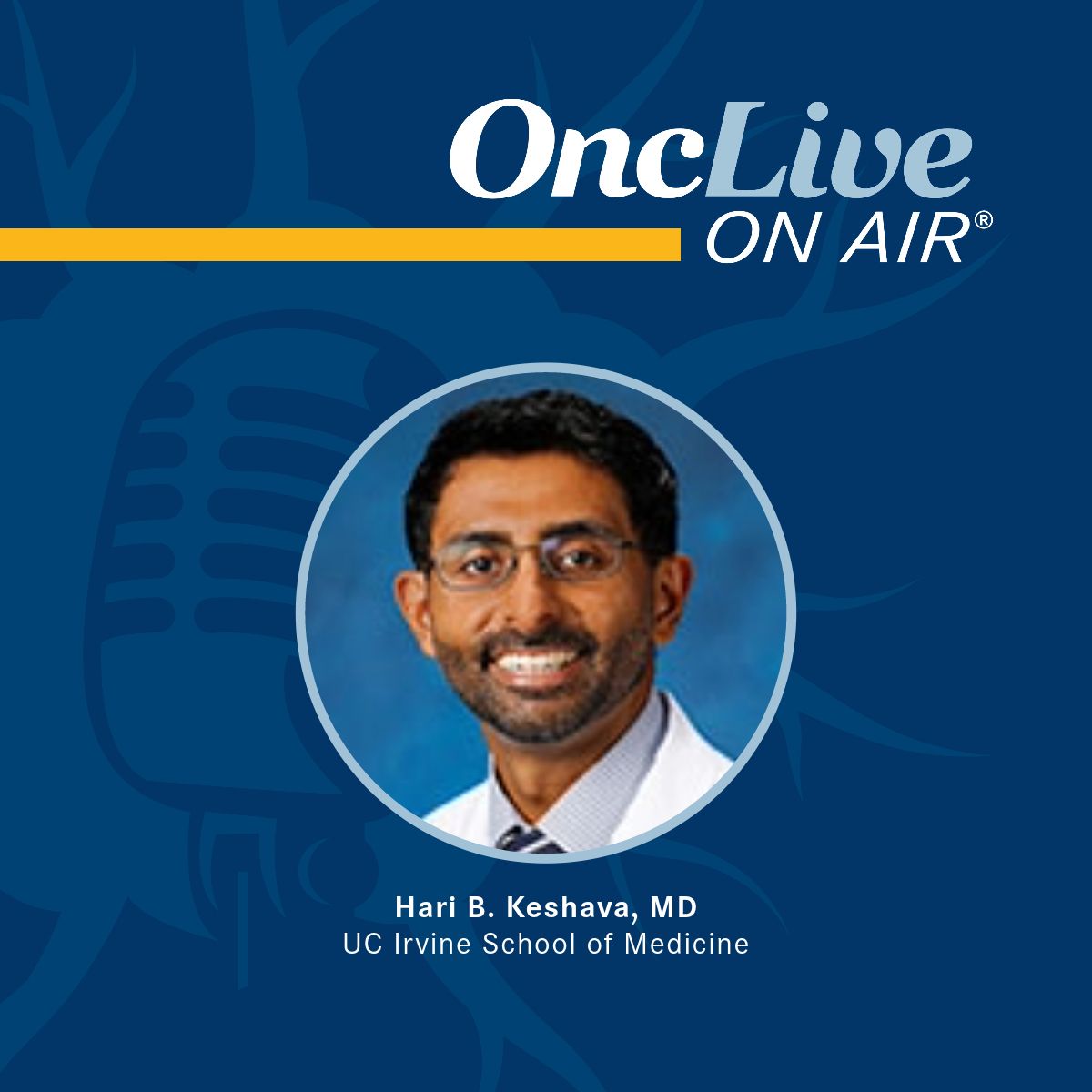Commentary
Video
Dr Massarelli on the Current SCLC Treatment Armamentarium
Author(s):
Erminia Massarelli, MD, PhD, MS, discusses clinical gaps in lung cancer care that were highlighted at the 2023 Bridging the Gaps in Lung Cancer meeting, emphasizing the importance of molecular testing in patients with small cell lung cancer and collaborations between health care networks in this treatment arena.
Erminia Massarelli, MD, PhD, MS, co-director, Lung Cancer and Thoracic Oncology Program, associate professor, Department of Medical Oncology & Therapeutics Research, City of Hope, discusses clinical gaps in lung cancer care that were highlighted at the 2023 Bridging the Gaps in Lung Cancer meeting, emphasizing the importance of molecular testing in patients with small cell lung cancer (SCLC) and collaborations between health care networks in this treatment arena.
At the 2023 Bridging the Gaps in Lung Cancer meeting, Massarelli chaired a session on SCLC where she expanded on the current treatment armamentarium for this patient subgroup. During this session, Massarelli and other presenters shed light on the current state of SCLC treatment and discussed potential novel treatment approaches for patients with SCLC.
A recurring theme underscored throughout each discussion was the need to treat each patient as a unique individual, she expands. Massarelli emphasizes the importance of understanding that there is not a one-size-fits-all approach for lung cancer. For example, the smoking status of a patient with SCLC holds substantial relevance in the therapeutic decision-making process, Massarelli explains.
Moreover, molecular testing is important, though not essential, in patients with a history of smoking, she continues. However, for patients with SCLC who have never smoked, these molecular tests are crucial. These tests are a critical tool for deciphering whether a transformative event has occurred within the patients’ disease progression, Massarelli says.
Furthermore, the conventional first-line treatment for patients with SCLC predominantly consists of chemotherapy and immunotherapy. However, following disease progression, enrolling patients in a clinical trial becomes a priority, she explains, because second- and third-line SCLC treatment approaches yield limited success rates. In light of these challenges, large oncology networks must collaborate. These combined efforts are pivotal in the pursuit of more effective SCLC treatments and better patient outcomes, Massarelli concludes.









